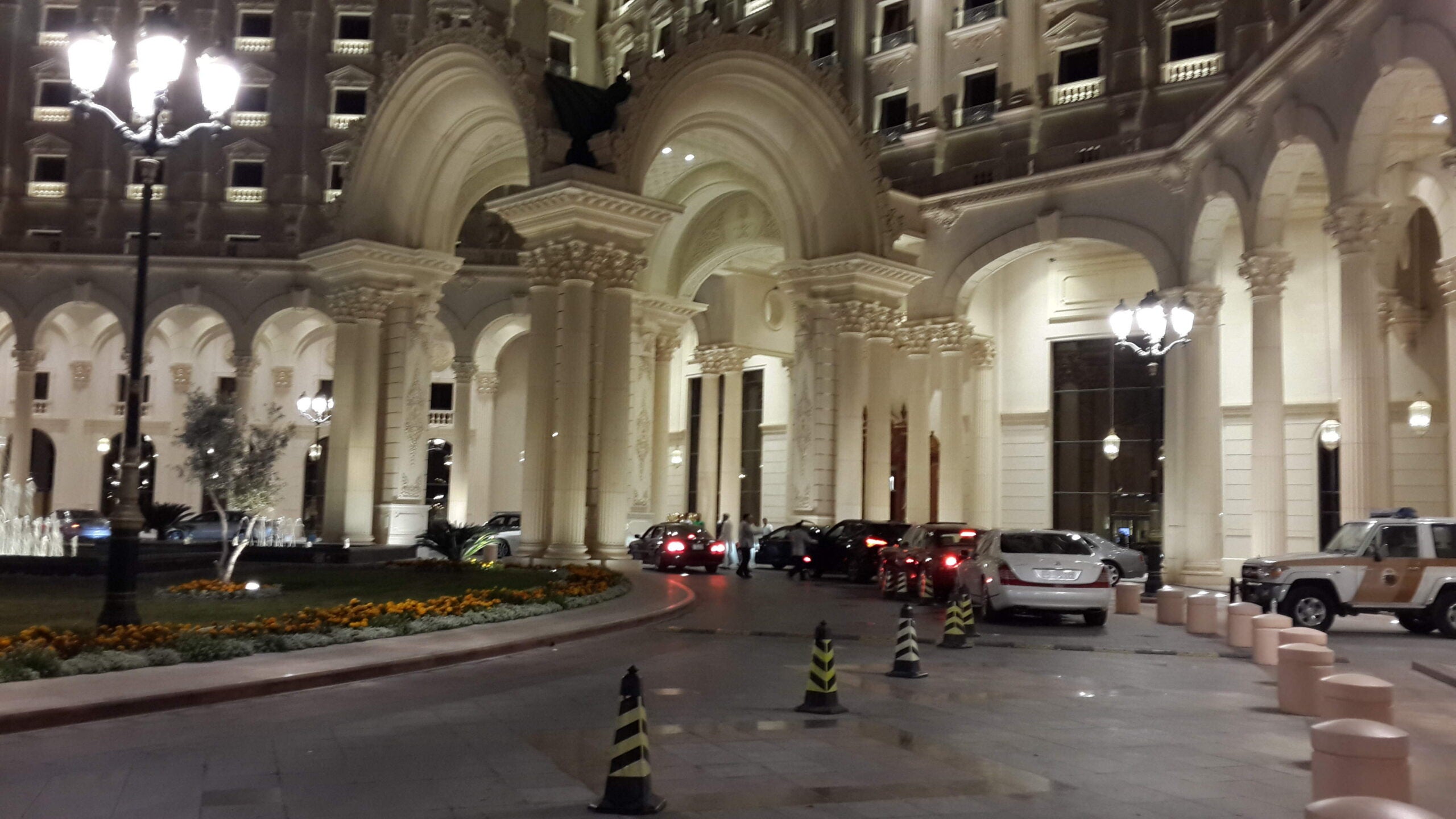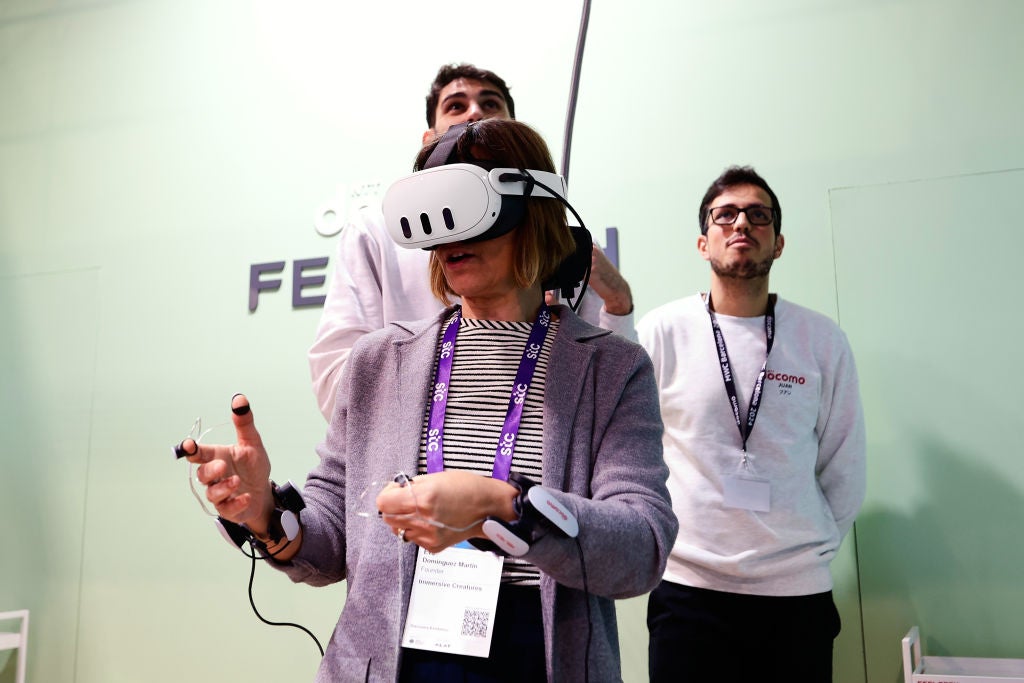
Saudi Arabia has released 23 of the 201 individuals held on corruption charges in Riyadh after they made cash settlements with the government.
Seven of the 208 initially detained were released without charge in November, but this is the biggest release since the individuals were first apprehended.
It is also the first tangible sign that those held are willing to pay settlements in exchange for freedom, as the government push for sooner court proceedings.
More detainees are expected to be freed in the following days, while those who continue to deny the charges against them are due to face trail.
The detainees are currently being held at the Riyadh Ritz Carlton (pictured) and other five-star hotels in the country’s capital.
The Saudi authorities do not view the financial settlements as bribery but as the repayment of money or assets illegally embezzled over several years.
How well do you really know your competitors?
Access the most comprehensive Company Profiles on the market, powered by GlobalData. Save hours of research. Gain competitive edge.

Thank you!
Your download email will arrive shortly
Not ready to buy yet? Download a free sample
We are confident about the unique quality of our Company Profiles. However, we want you to make the most beneficial decision for your business, so we offer a free sample that you can download by submitting the below form
By GlobalDataIt is anticipated that the majority of those held will reach settlements.
“The government wants to close this file case as soon as possible,” a source told the daily Okaz newspaper.
On Sunday the Wall Street Journal reported that those released include former finance minister Ibrahim al-Assaf, former assistant minister of finance Mohammed bin Homoud Al Mazyed, Prince Turki bin Khalid, and businessman Mohy Saleh Kamel.
Saudi Prince Miteb bin Abdullah is also among those released, having reportedly paid over $1bn for his freedom.
The paper also reported that billionaire Prince Al-Waleed Bin Talal is being asked for $6bn in return for his release, making it the highest figure sought by the authorities.
According to Bloomberg’s Billionaires Index Bin Talal has an estimated $18bn fortune, making him the 57th richest person in the world.
Charges against him include extortion, bribery and money laundering, all of which he denies.
Among those still detained are former deputy defense minister Prince Fahd bin Abdullah bin Mohammed Al Saud, former head of the Saudi Arabian national guard Prince Mutaib bin Abdullah, former economy and planning minister Adel Fakeih and former head of royal court Khaled al-Tuwaijri, alongside numerous prominent businessmen and politicians.
What happened?
The royals, officials and businessmen were first seized last month as part of a crackdown ordered by the Crown Prince Mohammed Bin Salman.
It comes as part of his Vision 2030 which seeks to modernise Saudi Arabia and push for more aggressive responses to the kingdom’s problems.
Some have seen it as a genuine move to end corruption, while others suggest it is simply a means for the prince to consolidate his power.
Regardless, it marks the biggest purge of the kingdom’s elite in modern history.
Saudi attorney-general Sheikh Saudi Al Mojeb said the arrests were the result of three years’ work by a special anti-corruption committee led by the Crown Prince.
The Saudi Information Ministry said in a statement:
The potential scale of corrupt practices which have been uncovered is very large. Based on our investigations over the past three years, we estimate that at least $100bn has been misused through systematic corruption and embezzlement over several decades.
As part of the crackdown over 2,000 bank accounts were frozen and private jets were grounded to prevent suspects from fleeing.
The government also said that assets related to the alleged corruption would be seized as state property.






